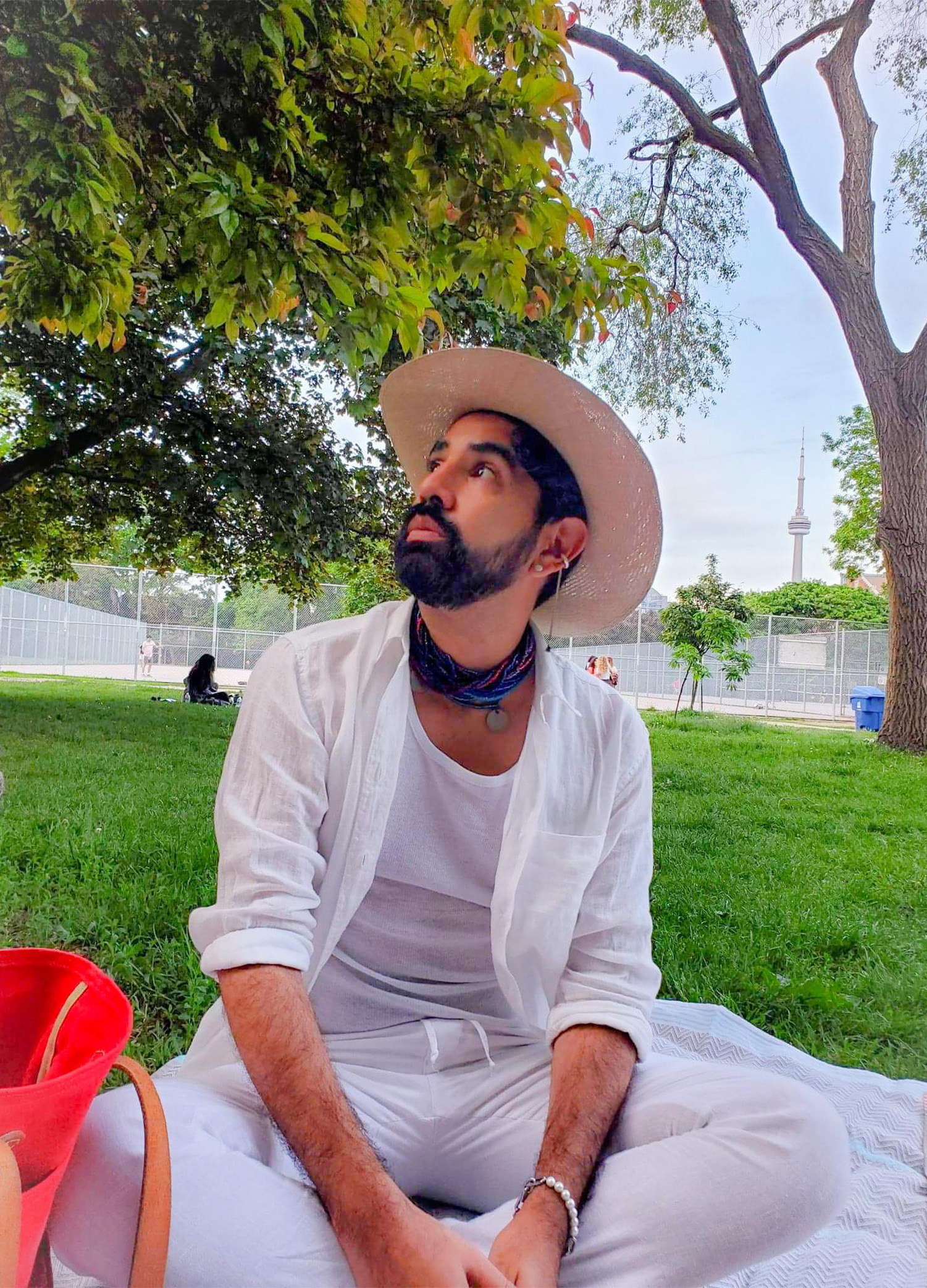Shifting from Decolonization to Indigenization: Insights from Museums Activist Armando Perla
“When people say they want to ‘decolonize’ their museum, that’s a red flag for me,” says Armando Perla, a Toronto-based curator and museums activist, who delivered a powerful keynote at National Trust Conference 2022.
“It’s impossible for institutions that were built to cement colonial ways of doing and thinking, to really do this. I think Puawai Cairns from New Zealand put it best when she said that the only thing we can do at this point, is to make museum spaces less harmful. The focus needs to shift from ‘decolonization’ to Indigenization.”
Self-identifying as a Queer Mestizo of Nahua and European descent, Perla grew up in El Salvador and arrived in Winnipeg, Treaty 1 territory and the heartland of the Métis Nation in the late 1990s, fleeing colonial violence in the form of homophobia. Trained as a human rights lawyer, fate, he explains, turned him into a museum professional, and he has spent the past 15 years in the development of democratic and human rights-based practices in the museum sector: from the City of Medellin, Columbia and a founding role in the Canadian Museum for Human Rights, to the Swedish Museum of Migration and Democracy and Toronto History Museums. He currently serves as Vice President on the Board of the Canadian Museums Association, an organization undertaking tough and transformative work like the ambitious new report, Moved to Action: Activating UNDRIP in Canadian Museums.
A pivotal part of Perla’s museums work has been to create space for historically marginalized communities. “Instead of the museum creating programs for communities,” Perla explains, “I ask them what they need, and work to try to meet those needs through access to museum spaces.” For instance, when he worked at Toronto History Museums, he approached the Toronto Kiki Ballroom Alliance (an organization of mostly Black and other racialized 2LGBTQIA+ youth). When they told him they needed safe spaces for their weekly practice, Perla made a venue in Fort York available: “It is about building long-term relationships and trust. And these relationships are not necessarily reciprocal, where the institution receives a benefit. They should be seen as a form of reparations.”
On top of everything, Perla is also a PhD Candidate in Art History at the Université de Montréal, and his research on Human Rights Museology looks to the Global South for inspiring decolonization models – to institutions like “Collectivo H,” a Nahua community museum in Huejotzingo, Mexico and El Museo de Antioquia in Medellin, Columbia.
“I am constantly pushing,” reflects Perla. “I push these museum spaces because I have always pushed to exist myself, as a person on the margins of the margins. In a way, I’m pushing to create space for myself, but also for people coming after me.”


